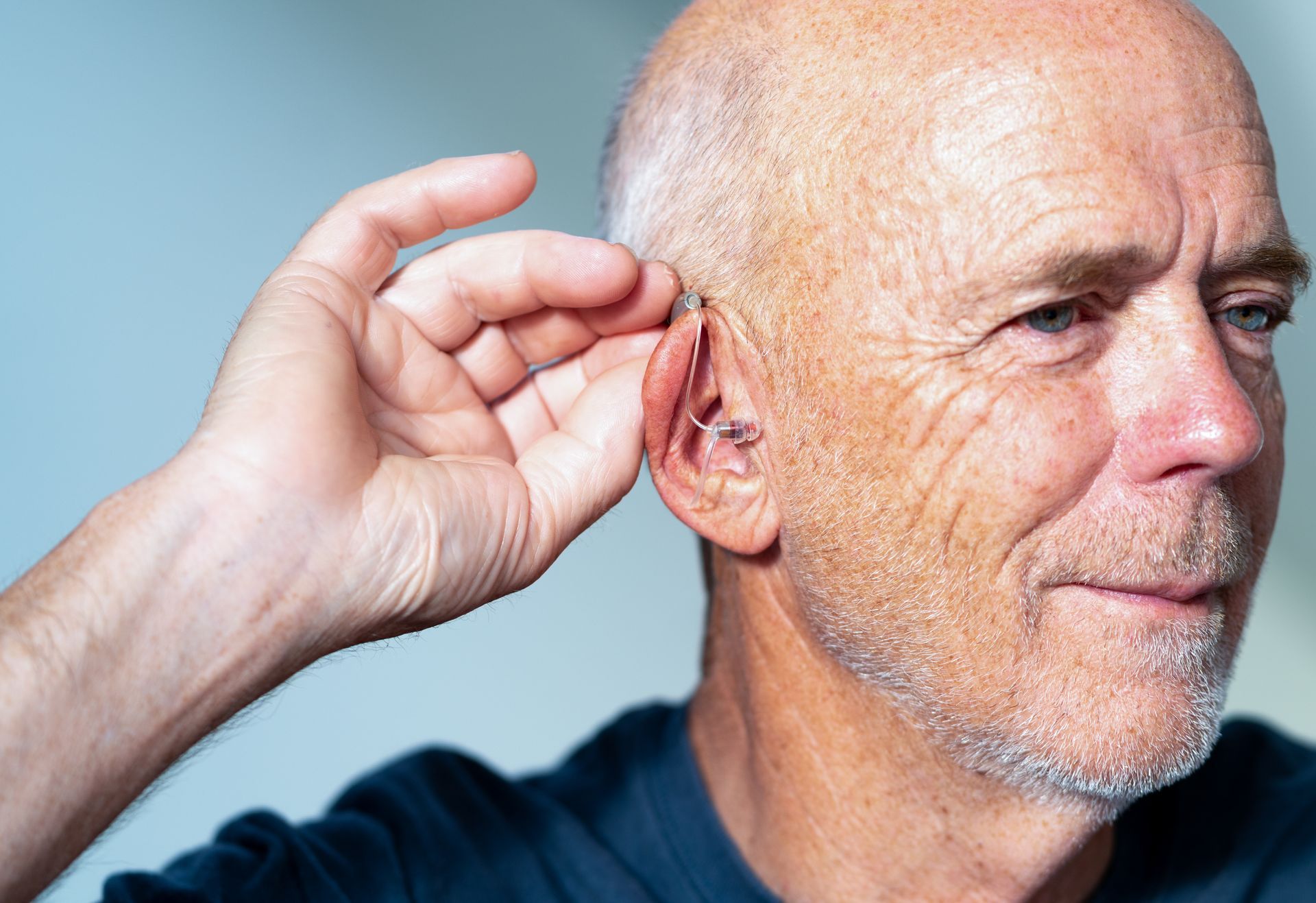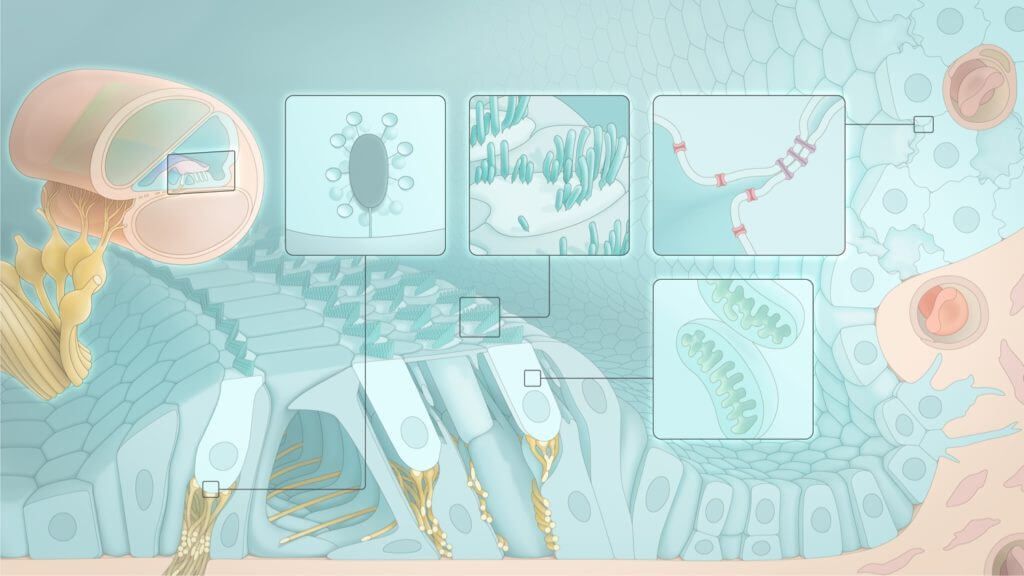How to Tell if Your Loved One Has Hearing Loss
According to an article published in the National Library of Medicine, “In adults, the prevalence [of hearing loss] appears to be nearly two-thirds of adults over 70 years of age in the United States, though it may be much higher.” If you have an older loved one who seems to experience hearing loss, it’s important to encourage them to seek treatment, as untreated hearing loss is linked to social isolation, feelings of loneliness, depression and even dementia. Below we review how to tell if your loved one has hearing loss.
They Turn Up the TV Very Loud
One of the first telltale signs of hearing loss is that the person who has it will turn the television up much louder than is comfortable for others. This is because, on TV shows and movies, background music and sound effects often compete with the dialogue. It makes sense that they would turn up the volume to hear the actors better.
They Ask You to Repeat Yourself Often
In addition to asking you to repeat yourself often, they may say “huh?” or “what?” frequently. People with hearing loss often can hear voices, but have trouble making out what is said. Next time your loved one asks you to repeat yourself, try rephrasing what you said instead.
They Respond Inappropriately
Many people who can’t hear well try to guess what they heard, and unfortunately, these guesses are oftentimes incorrect. If your loved one tends to respond inappropriately within a conversation or in a way that just doesn’t make sense, this is often a sign of hearing loss.
They Have an Especially Difficult Time in Noisy Environments
Environments with a lot of background noise are complex listening situations. It can be hard to separate people’s voices from dishes clanking and conversations happening at other tables. This is another sign of hearing loss if your loved one has an especially difficult time in environments like these or if they withdraw and opt out of these events.
For more information about the signs of hearing loss, treatment with hearing aids or to schedule an appointment with a hearing expert, call Center For Hearing today.
- Understanding Infant Hearing Loss
- The Relationship Between Exercise and Hearing Loss
- Muffled Hearing: Common Causes and Solutions



